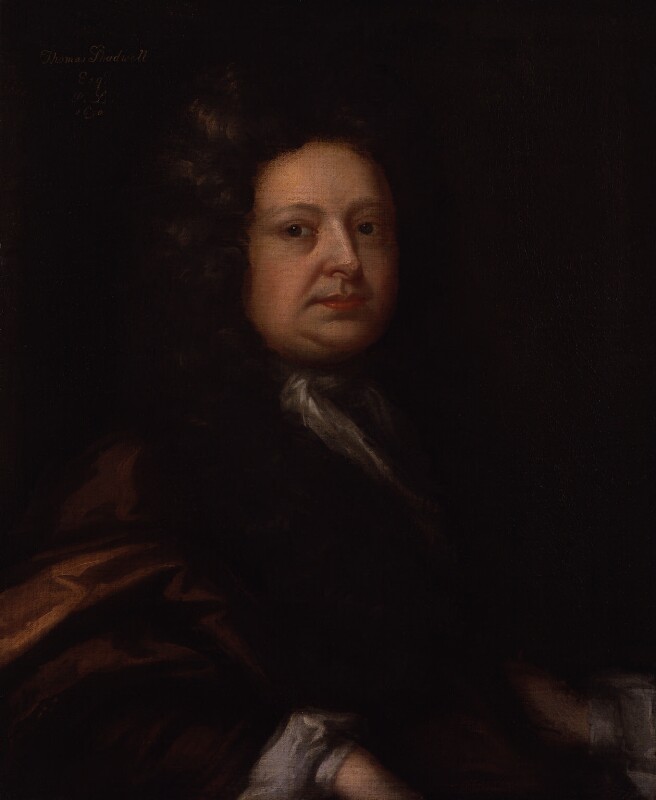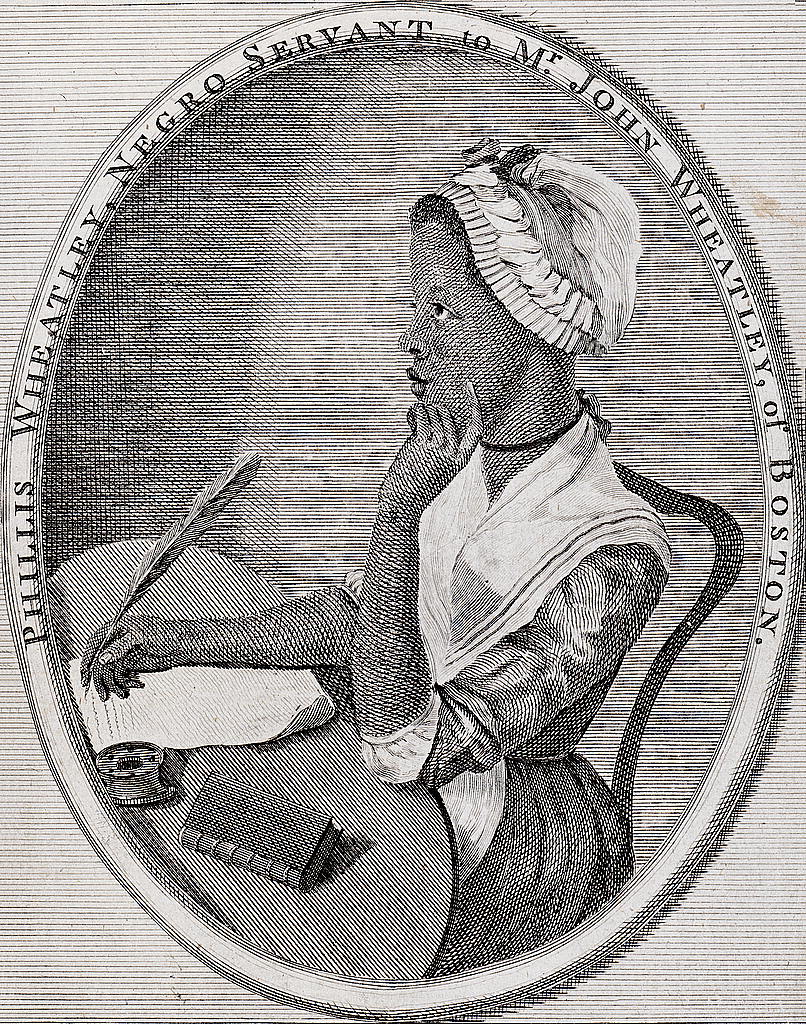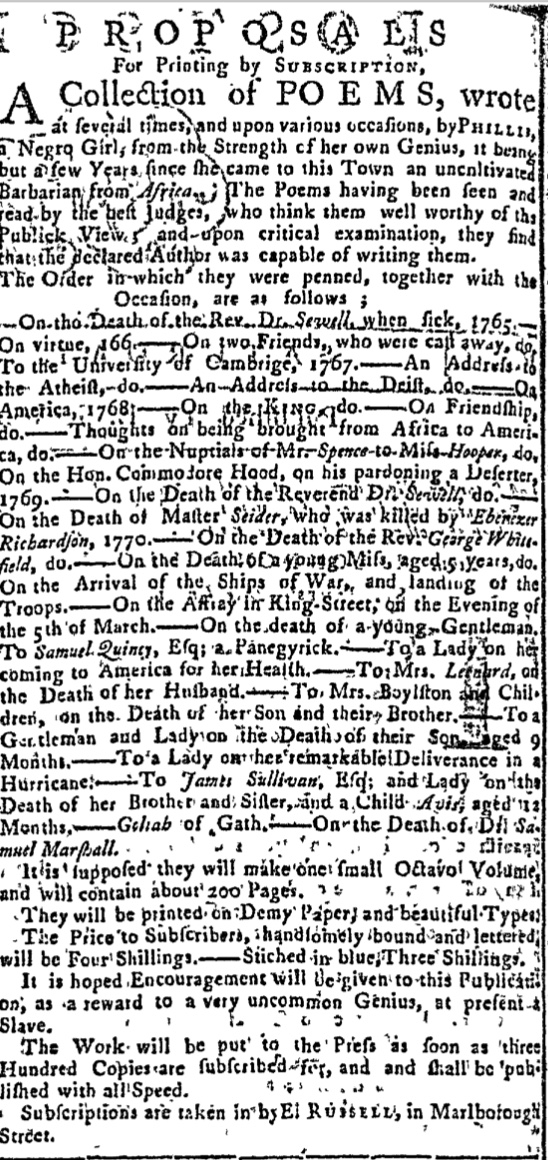Mac Flecknoe

“An Allusion to Horace” started making its way in manuscript around literary circles. Here, Rochester praises Shadwell and other new playwrights like William Wycherley (author of The Country Wife) and George Etherege, but mocks Dryden as a bad rhymer who lacks the wit of the younger men. Dryden was in no position to take on Rochester, a very powerful and potentially dangerous man. But, as Kirk Combe suggests, Shadwell became a safe target by which Dryden could defend himself and outflank the attacks that were by now coming from those he considered to be his lessors (the younger upstarts) and those he knew to be his social betters (Buckingham and Rochester). “Mac Flecknoe” is the result. It is an occasional poem, but it helped set a lot of terms for how high and low culture got talked about for generations; in imagining a sequence of great–or terrible–writers as a kind of succession akin to the succession of a monarchy, it also sets up a model of literary generations as dominated by a series of great men.
“Mac Flecknoe” was thus probably written in 1676, and it circulated in manuscript in literary circles in London for several years. The poem was first printed in1682 in an edition that Dryden almost certainly did not authorize (the publisher, “D. Green” is otherwise untraceable, suggesting that whoever was being the publication of the poem did not want their identity known; the text is also filled with typographical errors, suggesting quick and sloppy printing). In 1684, the poem was published as part of a more respectable collection of poems by several authors, and this time, the text is much cleaner; it seems likely that Dryden had the chance to proofread. The version published in that 1684 collection is the text reproduced here. We have consulted The Works of John Dryden, Poems 1681-84, ed. H. T. Swedenberg et al. (Berkeley: The University of California Press, 1972), the standard scholarly edition of Dryden’s works.
For further reading: Kirk Combe, “But Loads of Sh— Almost Choked the Way”: Shadwell, Dryden, Rochester, and the Summer of 1676,” Texas Studies in Language and Literature 37 (Summer 1995): 127-164.
With double portion of his Father’s Art.

